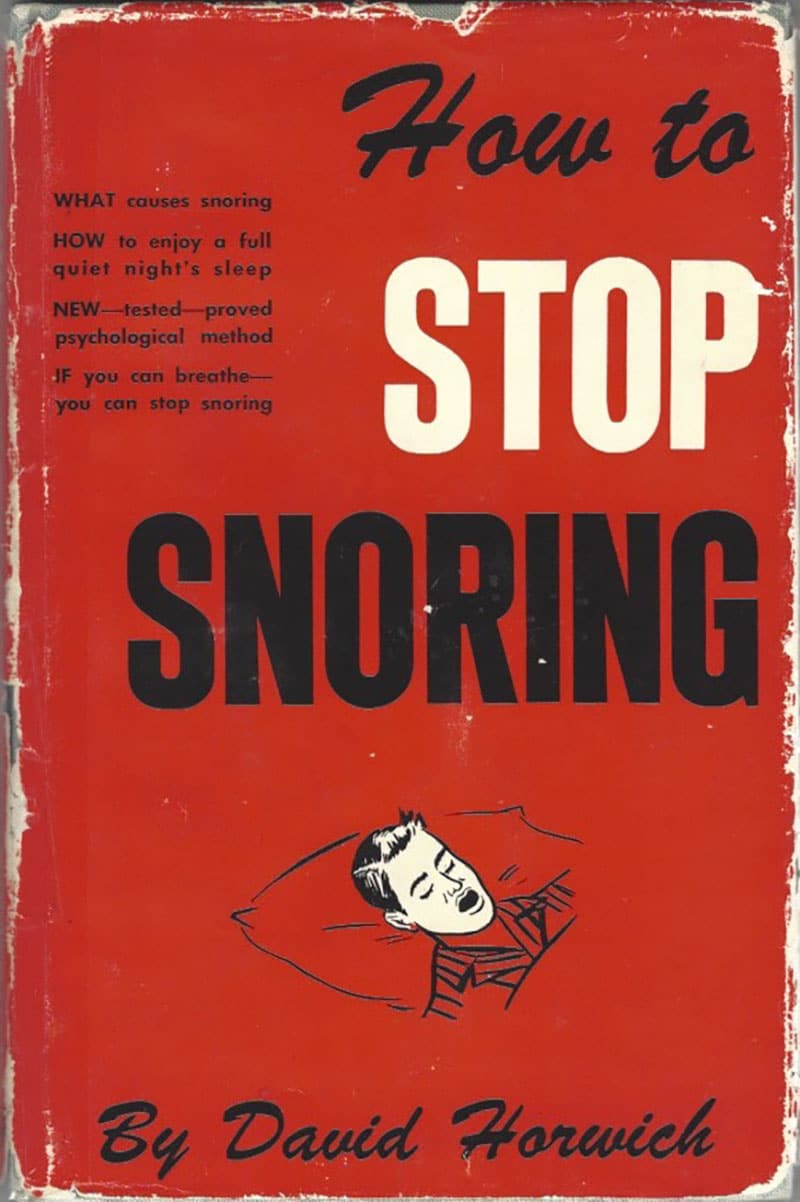Snoring Aids, Uncategorised
How to Stop Snoring
Blog Source – Mute Snoring
By Nancy H. Rothstein, MBA
The Sleep Ambassador®
What are solutions to stop snoring?
Millions seek solutions for snoring, particularly those whose sleep is disrupted by a bed partner’s snoring. A snorer receptive to addressing the issue is music to the ears of those impacted. But activating resolutions eludes most. First and foremost, do not ignore snoring for yourself, for your bed partner, for your child, or for anyone you know who snores. Snoring is a sign that the airway is compromised to some degree and that air is not getting where it needs to go for healthy breathing and oxygenation during sleep. Be conscious of how rested you do or don’t feel after a night’s sleep and don’t hesitate to seek medical evaluation from a sleep specialist.
For those who sleep alone but suspect they snore or have been told that they do (think sharing a room on a trip), consider using an app such as SnoreLab[1] to get an assessment of your snoring.
To help stop snoring you may consider lifestyle changes, changing your sleeping position to your side from your back, avoiding alcohol before bedtime, or losing weight. There are an abundance of products that offer snoring relief, be it for the snorer or for the recipient of the noise. Do your own research to get a sense of options that may help you.[2] Seek medical attention if you try a few options and they don’t resolve the snoring or you continue to feel tired and unrefreshed after sleeping.
Proper breathing can also provide a pathway to minimizing or alleviating snoring. We are designed to breathe through our nose, not our mouths.[3] Snorers often breath through the mouth during sleep, which can exacerbate snoring. “If you have difficulty breathing through your nose due to congestion or other nasal obstruction, try MUTE, a nasal dilator, that will hold open your nose and help you breathe more easily, as well as minimize or eliminate snoring.[4] Mute offers a comfortable and elegantly designed device to address snoring. However, if after using Mute or other devices designed to minimize snoring, the snoring persists or other symptoms of sleep deficiency continue such as awakening tired, requiring caffeine throughout the day, drowsy when driving (do not drive when drowsy), seek medical attention from a sleep specialist or an ENT familiar with sleep disorders and snoring.
Most of all, you owe it to yourself and to anyone sleeping near you to address snoring. Everyone needs a good night’s sleep and ensuring that sleep detractors like snoring are addressed and resolved will lead to quieter nights, healthier sleep, and awakening to be at your healthiest and energetic best during your waking hours.
What is snoring?
Snoring is very common. About 40% of adults snoring regularly and 95% of snorers say their snoring bothers their family or partner.[5] In short, millions of people’s sleep is interrupted by their own snoring or by the impact it has on those sleeping nearby.
“Snoring is the hoarse or harsh sound that occurs when air flows past relaxed tissues in your throat, causing the tissues to vibrate as you breathe. Nearly everyone snores now and then, but for some people it can be a chronic problem. Sometimes it may also indicate a serious health condition. In addition, snoring can be a nuisance to your partner.”[6] [7]
It is important to be aware that snoring may be a sign of a sleep disorder called obstructive sleep apnea (OSA). While not all snorers have OSA, if snoring is accompanied by specific symptoms,[8] it may be an indication to see a doctor for further evaluation for OSA. Left untreated, OSA can result in significant health risks, from cardiovascular disease to hypertension to depression. Yet even if the snoring is not associated with OSA, the snorer’s sleep may be interrupted, leading to fragmented and unrestorative slumber.
What causes snoring?
A number of conditions can set the stage for snoring including the anatomy of your mouth and your sinuses, alcohol consumption near bedtime, nasal issues such as a deviated septum or congestion, allergies or a cold, sleep deprivation, weight, or your sleeping position.
From an anatomical perspective, “When you doze off and progress from a light sleep to a deep sleep, the muscles in the roof of your mouth (soft palate), tongue and throat relax. The tissues in your throat can relax enough that they partially block your airway and vibrate. The more narrowed your airway, the more forceful the airflow becomes. This increases tissue vibration, which causes your snoring to grow louder.”[9]
The snoring saga continues

While we’ve come a long way in understanding snoring and recognizing that snoring may indicate a sleep disorder, my great uncle’s recommendations to “conquer” snoring with his “Technique of Snore Control” and “conquest of the snore habit” stop short of addressing the issue in light of the significant scientific and medical advancements since 1950. We know today that snoring is not just a “bad mental habit.” Mr. Horwich offered a starting point and while I wish that the exercises he taught were the solution for all, the cure is not so simple. That said, Mr. Horwich was on to something and there are exercises, such as those referred to as myofunctional therapy,[11] to strengthen the muscles in the airway to minimize snoring. There are also excellent solutions likeMute that I surmise my great uncle would have embraced with enthusiasm and success.
That David Horwich also covers “Proper Breathing” is a testament that he was far ahead of his time. He was as desperate to stop snoring and give his family quiet nights then as millions remain today. Yet with significant progression in medical diagnosis, treatment, and both medical and over the counter treatment options for snoring, why does snoring remain such a significant contributor to sleep deficiency, poor sleep, and sleep challenges for snorers and, as I like to call those impacted by the snorer’s noise, “snorees”? The information and care are available. People need to take action.
References
[1] https://www.snorelab.com/, SnoreLab
[2] https://www.nytimes.com/2022/05/12/well/live/snoring-causes-solutions.html. How Can I Stop Snoring?, May 12, 2022.
[3] https://mutesnoring.com/breathing-as-designed-the-science-practice-of-nasal-breathing/ . Mutesnoring.com. Breathing As Designed: The Science & Practice of Nasal Breathing. Nancy H. Rothstein, 3-30-22.
[4] https://mutesnoring.com/breathe-your-way-to-a-better-nights-sleep/. Mutesnoring.com. Breathe your way to a better night’s sleep.
[5] https://www.resmed.com/en-us/sleep-apnea/snoring-sleep-apnea-diagnosis/what-causes-snoring/. ResMed
[6] https://www.mayoclinic.org/diseases-conditions/snoring/symptoms-causes/syc-20377694, Mayo Clinic
[7] https://mutesnoring.com/how-to-talk-to-your-partner-about-snoring/, Mutesnoring.com. How to talk to your partner about snoring.
[8] https://www.mayoclinic.org/diseases-conditions/snoring/symptoms-causes/syc-20377694 , Mayo Clinic
[9] https://www.mayoclinic.org/diseases-conditions/snoring/symptoms-causes/syc-20377694, Mayo Clinic
[10] https://www.amazon.com/My-Daddy-Snores-Nancy-Rothstein/dp/0545028345/, My Daddy Snores on Amazon.
[11] https://www.sleepfoundation.org/snoring/mouth-exercises-to-stop-snoring, SleepFoundation.org, Mouth and Throat Exercises to Help Stop Snoring and Improve OSA
As The Sleep Ambassador®, Nancy is on a quest to help people live life fully, 24/7. As a sleep expert, Nancy inspires a new respect for sleep and its impact on all aspects of work, life, and well-being. She consults globally to companies and organizations, as well as to the public, presenting sleep education and training with strategic and practical solutions to empower people to make lasting shifts to optimize their sleep. Her course on LinkedIn Learning, Sleep Is Your Superpower, has engaged over 360,000 people, providing a wealth of sleep tips. Her Sleep Well/Live Well (scroll down to Sleep Program) 4-week, virtual sleep improvement program, has been taken by 1,000s of employees. Nancy is the author of My Daddy Snores, published by Scholastic, which has sold over 400,000 copies. For more about Nancy and curated sleep resources, courses, and select articles and publications, visit www.thesleepambassador.com.


